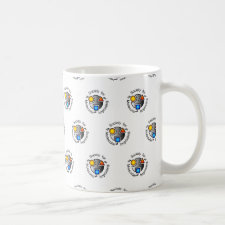
Authors: Uchiyamada K, Okubo K, Asakawa K, Kamon Y, Kitayama Y, Takeuchi T, Suzuki H
Article Title: Perforated Bimodal Interferometric Biosensor for Affinity Sensing.
Publication date: 2019
Journal: Advanced Materials Technologies
Volume: 4
Issue: (9)
Article Number: 1800533.
DOI: 10.1002/admt.201800533
Abstract: A compact photonic sensor using a perforated waveguide (PW) that functions as a bimodal interferometer (BiMI) is developed for affinity sensing. A 2D array of holes is formed on the bimodal region of the waveguide. The PW is designed to allow 1.31 μm wavelength light to transmit, harnessing the strong optical intensity distribution inside the holes to enhance the sensitivity of the sensor. Numerical simulations show that the PW-BiMI outperforms a nonperforated BiMI in surface sensitivity by 7.6 times. A molecularly imprinted polymer for human serum albumin (HSA) is synthesized and coated on the PW-BiMI. The sensitivity and detection limit for HSA achieved using a 100 μm long sensor are 154 nm μm-1 and 20.4 μg mL-1, respectively. Compared with a BiMI of equivalent length, the PW-BiMI sensor would have a 22 times larger surface sensitivity, and the detection limit would be decreased to 31%. The PW-BiMI sensor has potential for application in label-free biosensing with a small volume of solution
Template and target information: protein, human serum albumin, HSA
Author keywords: Biosensors, Molecularly imprinted polymers, photonic crystals, Refractive index, waveguides



Join the Society for Molecular Imprinting

New items RSS feed
Sign-up for e-mail updates:
Choose between receiving an occasional newsletter or more frequent e-mail alerts.
Click here to go to the sign-up page.
Is your name elemental or peptidic? Enter your name and find out by clicking either of the buttons below!
Other products you may like:
 MIPdatabase
MIPdatabase









